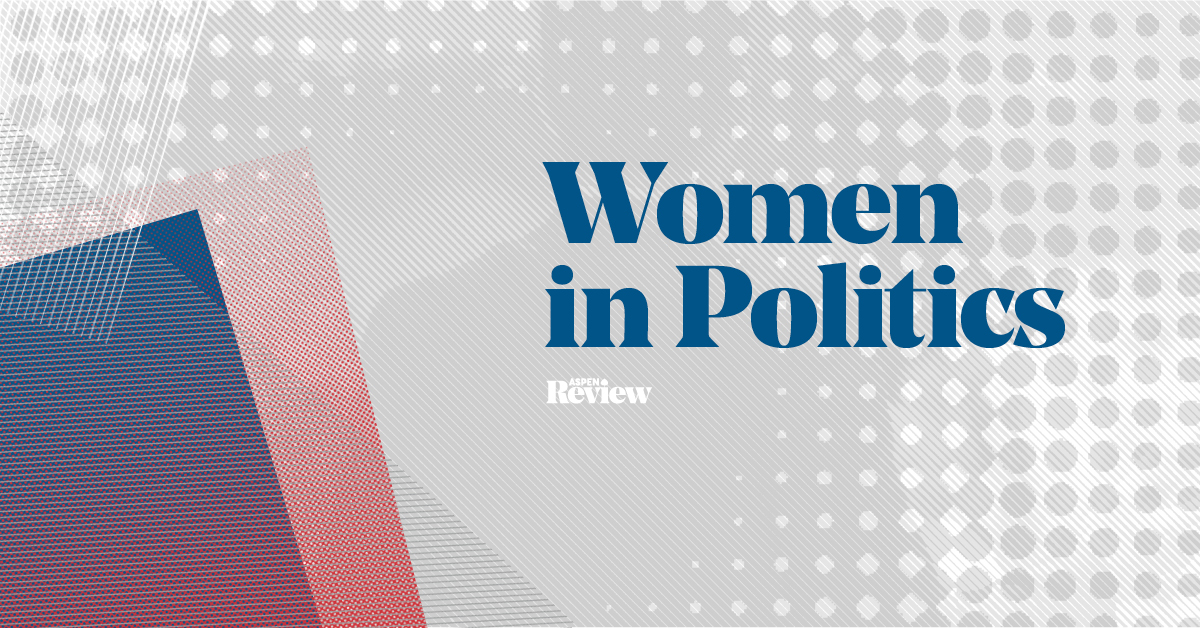Dear Readers,
In his article, in remembrance of the 1917 revolution in Russia and temptations of communist ideology, Roman Joch mentioned an episode of an unsuccessful resistance against Bolsheviks by cadets and women volunteers. Communism believed to liberate the oppressed and to emancipate women started by killing just women and children.
What is the relationship between women and power? Some people tend to believe women are less inclined to hard power and violence. Yet already in Greek mythology power struggles involved female goddesses employing the whole scale of power arsenal from soft persuasion to hard force. In 1913, a feminist Helena Swanwick wrote: “I wish to disclaim altogether the kind of assumption…. that men have been the barbarians who loved physical force, and that women alone were civilised and civilising. There are no signs of this in literature or history.” (The Future of the Women’s Movement)
The best-known examples of women political leaders in recent history are Margaret Thatcher, Golda Meir, Indira Gandhi, or Bena zir Bhut to. In Europe today, it is Angela Merkel who has just won her fourth term as German chancellor. As the Merkel phenomenon is remarkable and exceptional, we have asked Matthew Qvortrup, an author of her biography, to write about her leadership style.
The fact is that women are underrepresented in traditional functions and institutions of power, in politics and business. During the second half of the 20th century there were less than 4 percent women at the helm of their countries. Although a number of women in managerial positions in the US (less in Europe) has increased in that period, an average ratio of women in national parliaments still appears around 15 percent. In this context, we are proud to feature a piece by Dita Přikrylová, our Young Leaders Program Alumna, presenting Czechitas that she founded to break a gender barrier in IT education.
We keep our focus on Central Europe. Robert Schuster asks to what extent Central Europe presents a microcosm of the whole Europe. Ivan Mikloš claims that it is “fundamentally important for the countries of Central and Eastern Europe to remain within the core of a multi-track European Union” and for Zsoltán Kiszelly the EU is the best available framework for modernization for Visegrad countries.
During the upcoming international conference “The Shape of (Central) Europe” we will present expert findings regarding competitiveness, education, governance, security, and quality of life to facilitate more structured and fact-based debate about the role Central Europe could play in shaping Europe’s future.


